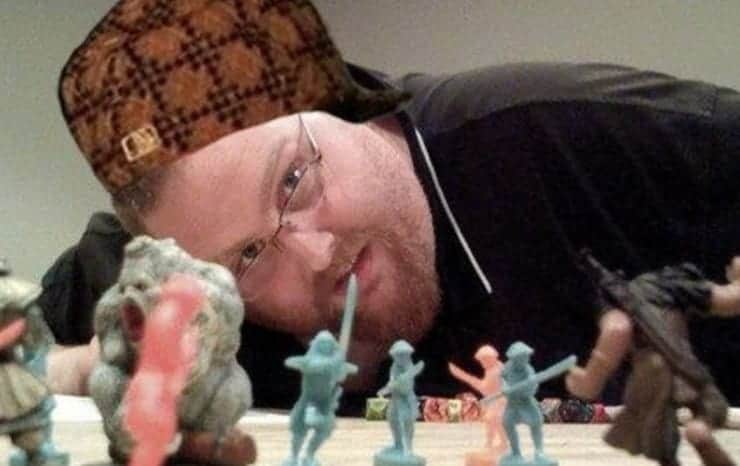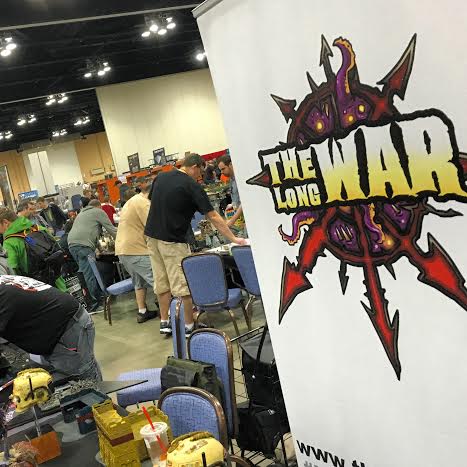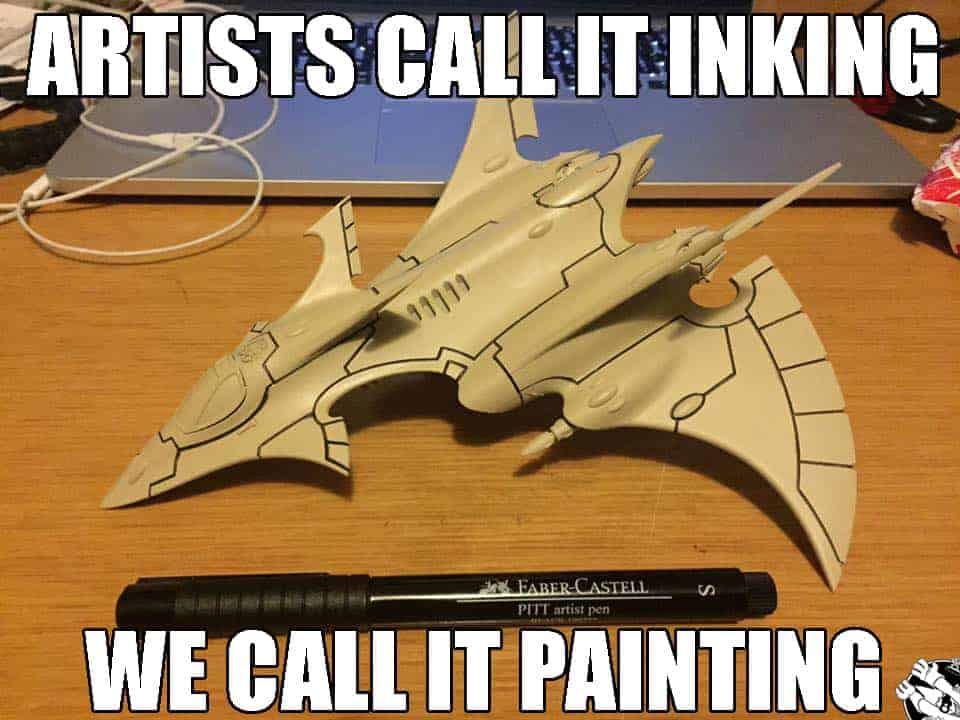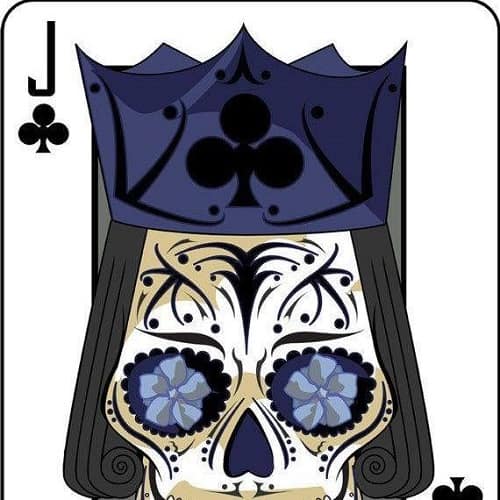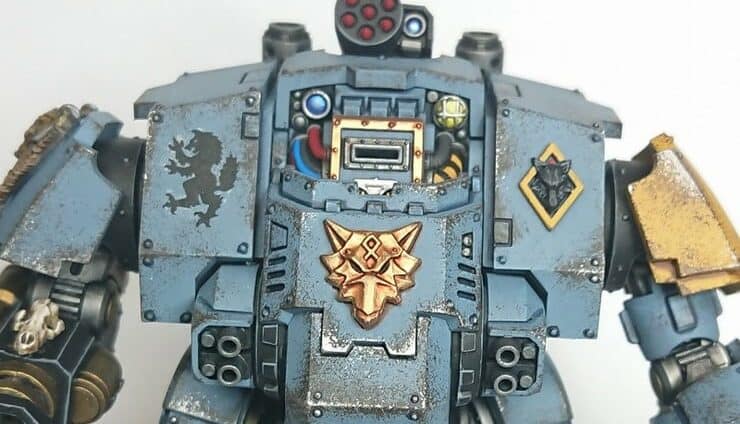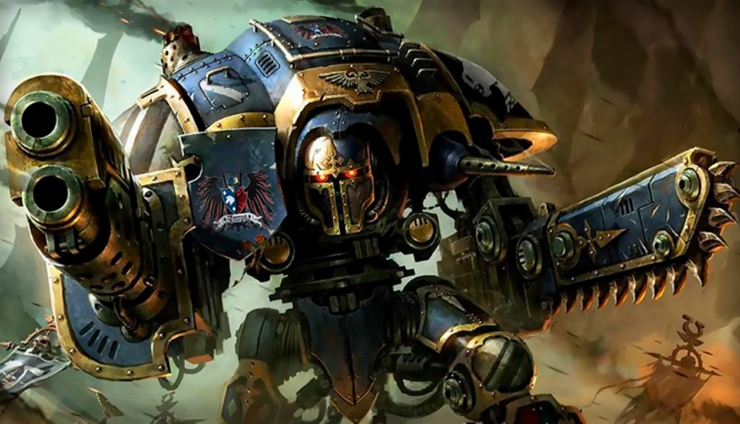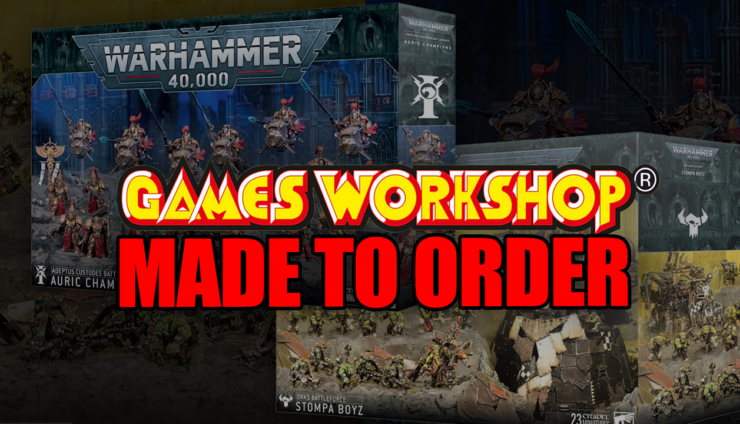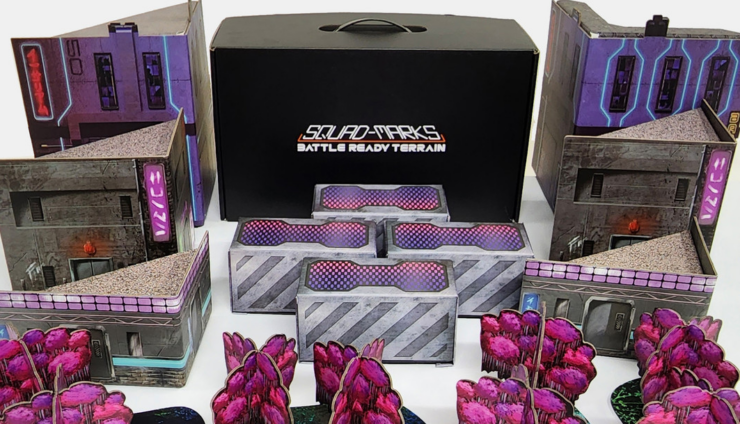Can you guess the 4 obvious ways you should prep for tournaments? Master these key points leading up to game day, and victory may be assured.
As organized tabletop play keeps picking up stream, the question of, “How do I get prepared for a tournament?” has been asked a lot recently.
Today Wyatt Turk provides us with some helpful information for anyone getting ready to start going to tournaments or gaming events. Obvious tips are obvious, but it only counts on the follow through right?
Playtest Your List
First and foremost, the best way to prepare for a tournament, on the strategic side of things, is to playtest. Testing your army or particular list will help you be ahead of the curve when you show up to roll dice. Most, if not all tournaments will have the format, rules, and missions available a number of weeks or months ahead of time. Reading and learning this information is key to success. Tournament format can be incredibly important to how you should tool your list. As well as any special rules the tournament may have in place, such as terrain rules, list building exceptions and parameters, or house rules.
You never want to show up to a tournament and have your army be invalid, or be at a serious disadvantage because you didn’t look over the tournament information. So, once you know how the tournament works, the format, extra rules, and missions, you can put together a list. But, theory crafting only goes so far. The old saying, “Even the best plans never survive first contact with the enemy” (paraphrased) comes to mind. Take the time to playtest the list you build to find out what works and what doesn’t. Maybe what you first thought would be useful really doesn’t do much or there’s an untapped resource you didn’t think of until putting the list through it’s paces on the table top.
Playtesting is also very important if you will be using units or models that are new to you. No one wants to be that guy slowing down a game because you need to reference your data sheet every time you want to do something. Trust me, I have been that guy, learn your data sheets.
Prepare, Prepare, Prepare
If you are going to an ITC format event, it is very likely that registration, list submission, and scoring will be done through the Best Coast Pairings App. A few things to know, it doesn’t work with iPhones fully. Prepare for this. It is sometimes a bit laggy and can go down, so don’t give your hardworking TO’s a hard time. They didn’t write the code and they don’t maintain the servers or the internet connection at the venue. Be patient, we are all here to have a good time. It’s also a good idea to save a file of your list to google drive, you can submit your list directly into BCP this way from your phone or mobile device. This is a huge help to the TO’s and saves time.
Always come prepared with writing utensils like pens and pencils, maybe some extra note cards or paper to keep track of points. Everyone appreciates an opponent who has extra pens and paper at the table, because people forget little things like that. This can also add some weight to your sportsmanship score.
Paint Your Army
If you want to get a good score for painting and hobby points, read the paint scoring rubric. Not all events have this prior to the event, but most do. Especially at larger events. Just like the tournament info and missions, download and read the painting rubric so that you can paint accordingly, or do any touch ups or additions to your army to get max points. This doesn’t mean you’ll win, but it will keep you from missing out on points because of something you didn’t know you needed. I have received max points for every event I have gone to in 2018 and won best painted at Wargames Con 2017 here in Austin, since I started doing this.
This leads us to another helpful tip, bring a tournament tray or display board you can have your army on between game rounds. Most of the time the tables are crammed into the venue, add in chairs, people big and small, army cases, backpacks, etc. You don’t want to lug around a load of bags and cases all day, and its much easier to put your army on a tray/board, than putting it away in a case every time a game is over.
Display boards, or tournament trays with some hobby love put into them are often extra points on the painting rubric at events as well, a good way to reward players for helping to keep the venue less cluttered. You can make your own for pennies on the dollar, or get some nice MDF products for a fair price. There are tons of MDF kit sellers on the market these days so you have a huge selection.
Learn Time Management
Lastly, get used to playing on a timer. Game rounds at tournaments have a certain amount of time before cut-off. Most events have soft cut-offs in a game is really down to the wire, but some have hard “dice down” rulings, be prepared for this. When playing games leading up to an event, get used to finishing a game in 2 hours or less. It’s actually really easy to accomplish if you stay mindful of the time limit.
This circles back to play testing. Get used to your units, memorize number of attacks, hit and wound rolls, etc. And get used to getting through your turn phases faster than you normally would when not under the clock.
Some handy tricks for this are to create quick reference cards for your stat lines, special rules, and stratagems. Use nifty game aids like counters or chip-markers to manage your turns and resources. One thing that really helps me is to carry a small plastic cup for rolling dice, the time you save by rolling, removing misses, and scooping the dice into the cup, rather than trying to grab them all up in your hands, really adds up over the game duration.
And remember, we all want to have a good time, so be a gentleman or lady when rolling the dice, no one wants to be remembered as “that guy/girl”.
Were these tips helpful? Let us know in the comments!
